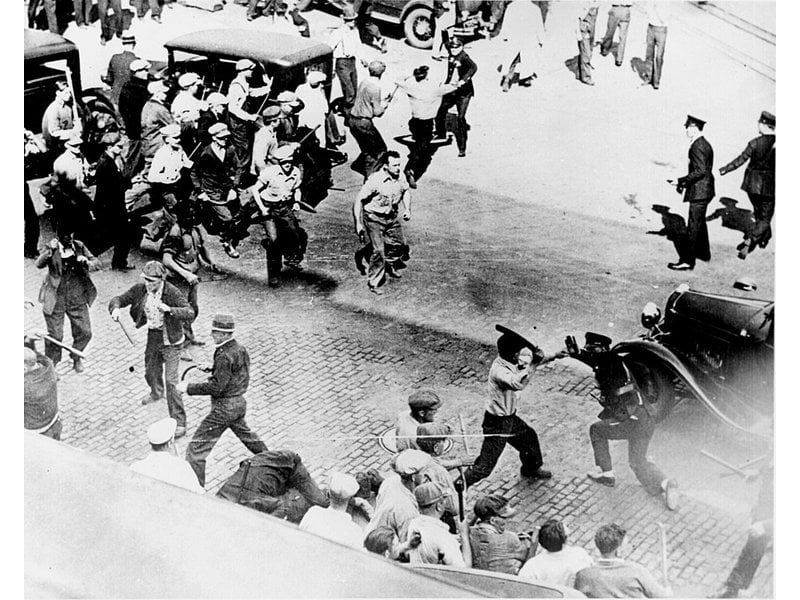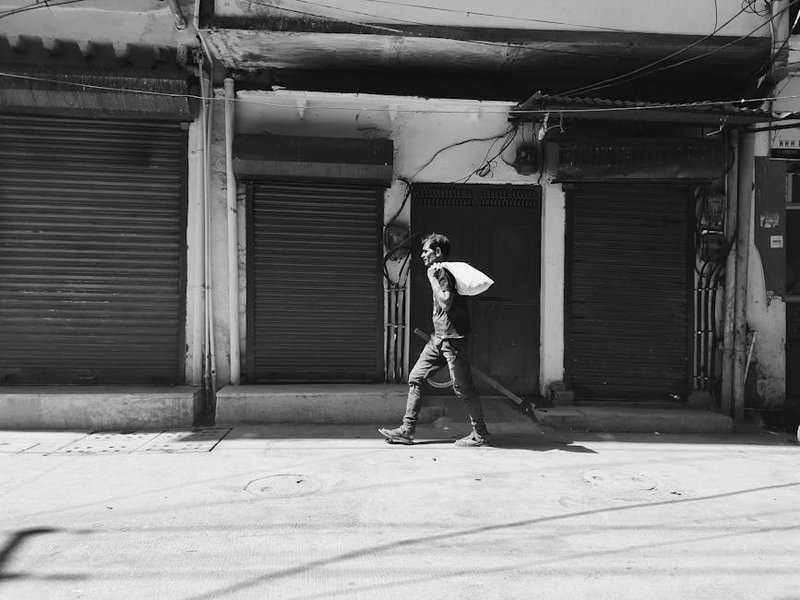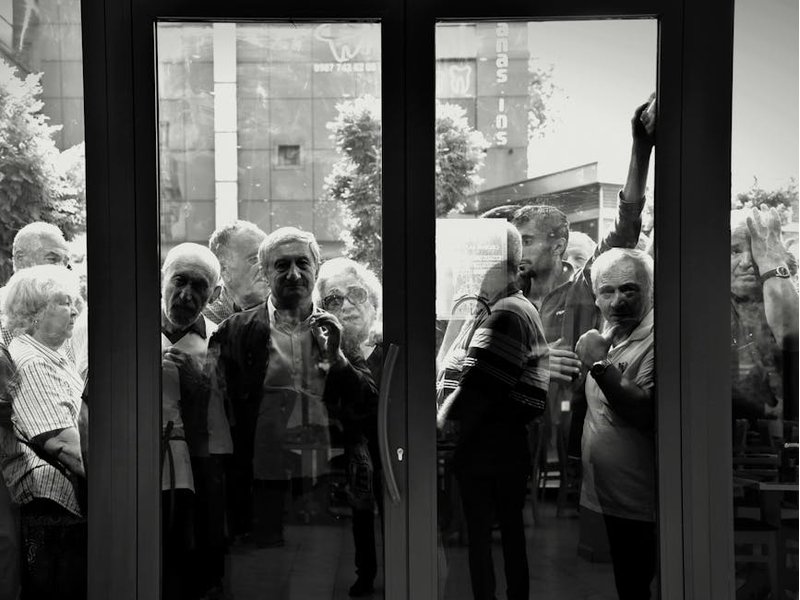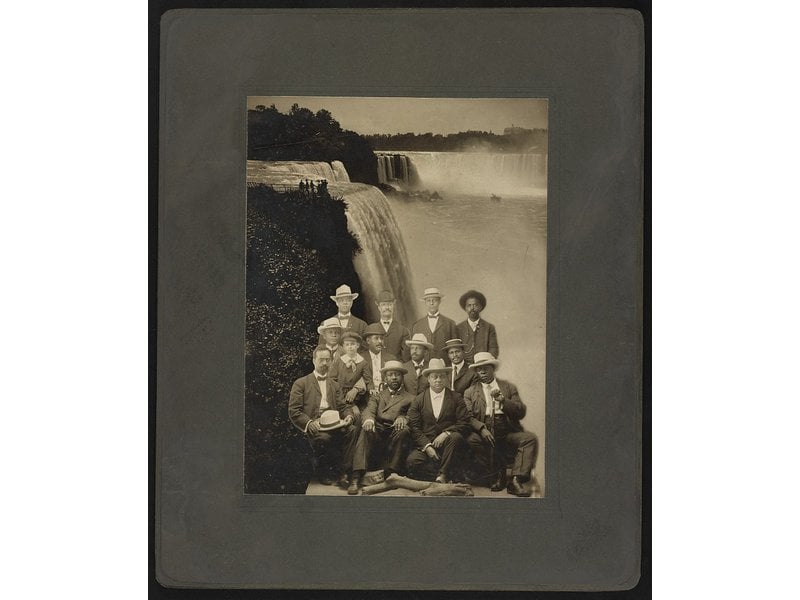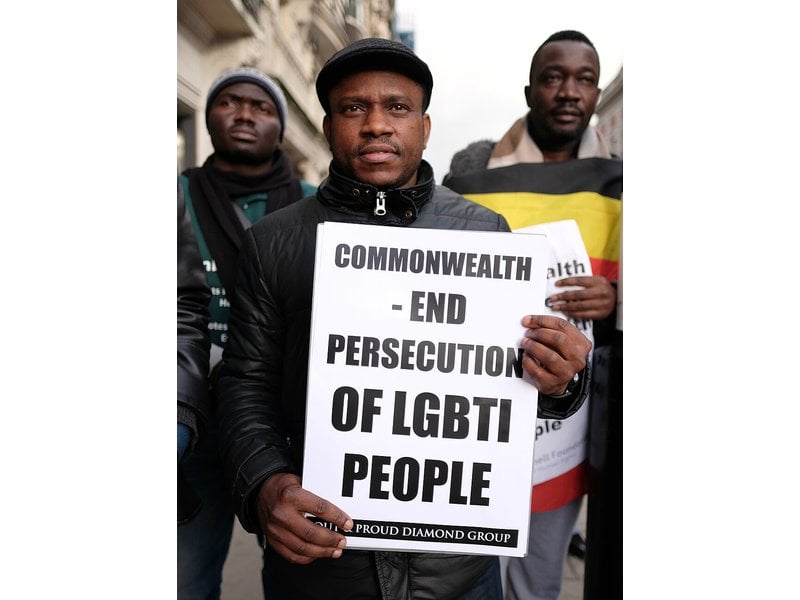143 blocking of lines of command and information
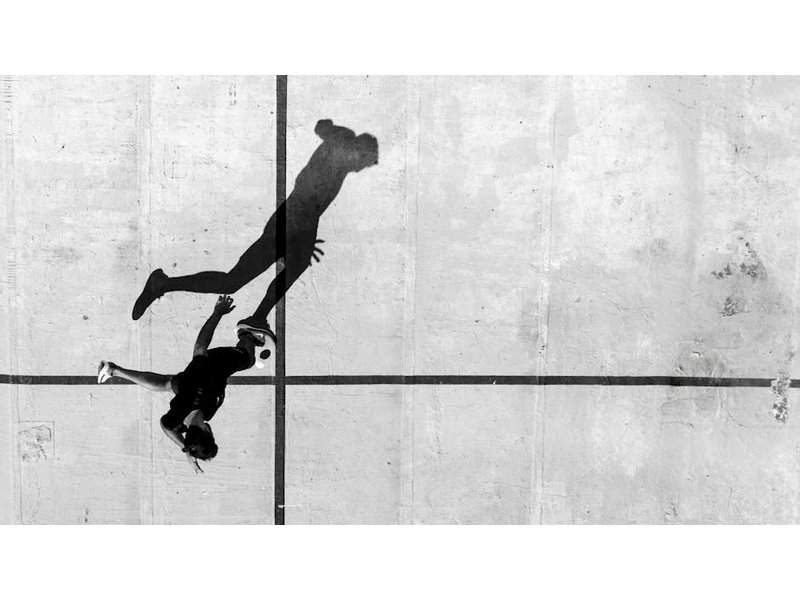
"The effective power of a ruler may be limited by his subordinates if they quietly block the relay downwards or execution of orders, or the passage of information from the lower echelons upwards. Members of different levels of the hierarchy may seriously interfere with the regime’s capacity to deal with various problems and crises simply by not forwarding to appropriate superiors or departments the information needed to help the regime. Withheld information may concern a variety of matters, such as economic conditions, public opinion, and the state of supplies; it may also include a refusal to report secret resistance organizations, plans and activities."...
Potentially awesome partners
Potentially problematic matches
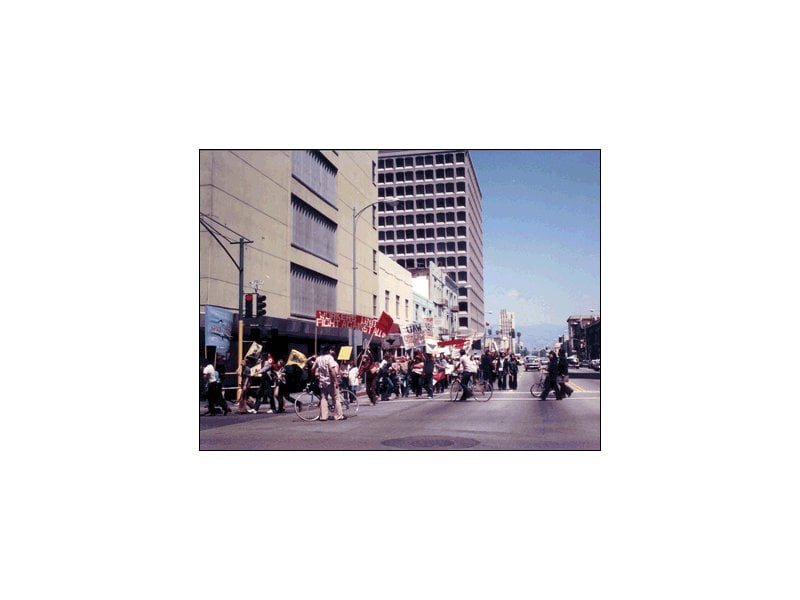
High scoring campaigns using this method
Historical cases from the Nonviolent Action Database that used this method
Defense of Soviet state against coup, 1991
Since assuming the role of General Secretary of the Communist Party of the Soviet Union in 1985, Mikhail Gorbachev pushed for a program of economic openness and political restructuring, prompting resistance and suspicion from hard-line members of the...
French citizens and soldiers nonviolently defend against Algerian putsch, 1961
At the beginning of April 1961, after nearly seven years of war in Algeria as France tried to maintain its control there, French President Charles de Gaulle announced that he would begin negotiations with the Algerian nationalists and soon relinquish...
German citizens defend democracy against Kapp Putsch, 1920
In March 1920, Walther von Lüttwitz, a commanding general in the German army, and Wolfgang Kapp, a German provincial official (with the help of a few other German officials, such as Chief of Staff, General Hans von Seeckt and his collaborators in the...
Low scoring campaigns using this method
Historical cases from the Nonviolent Action Database that used this method
